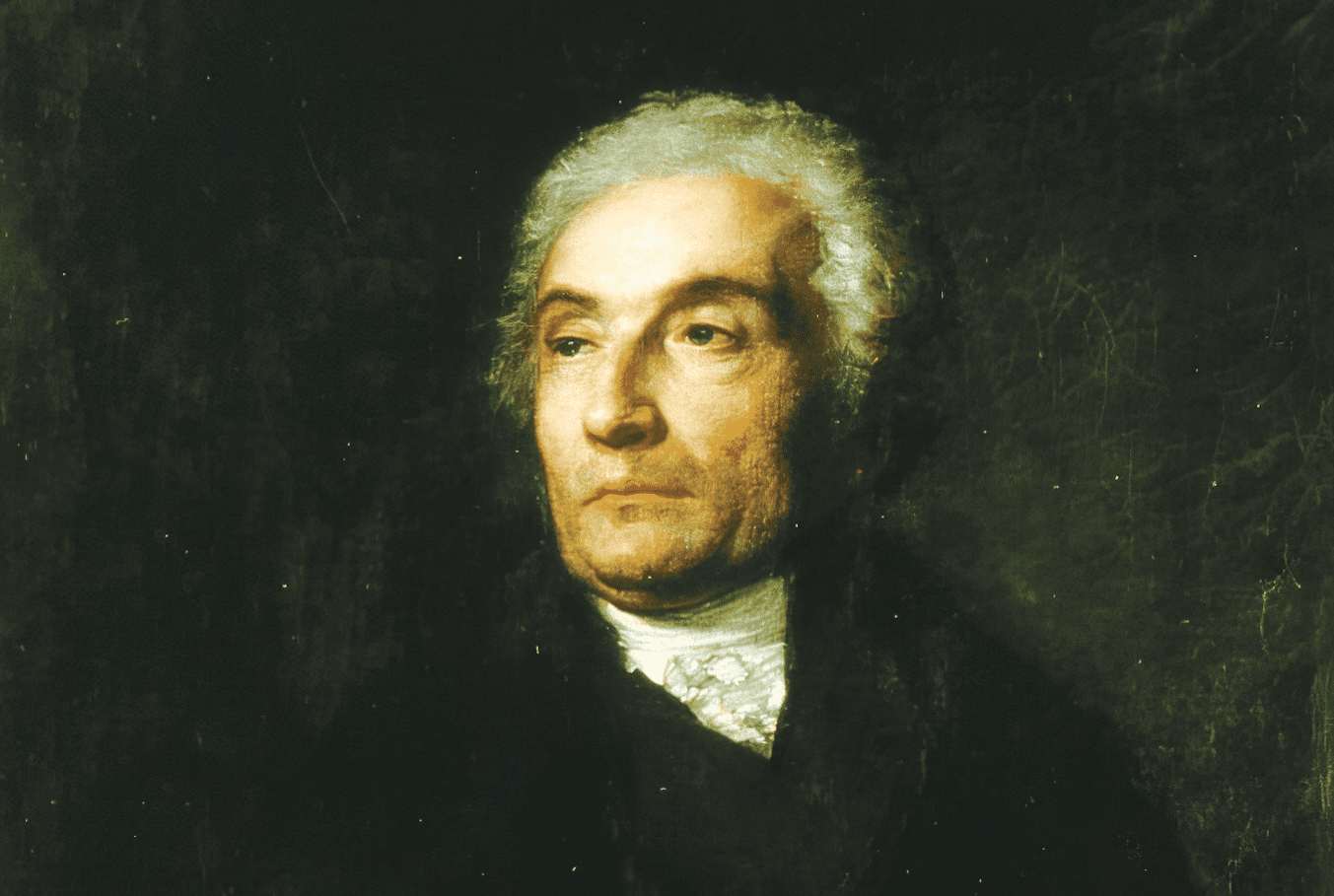
Maistre associated the Protestant cult of books and philosophers with individualism, which he saw as the root cause of all the problems of his age.
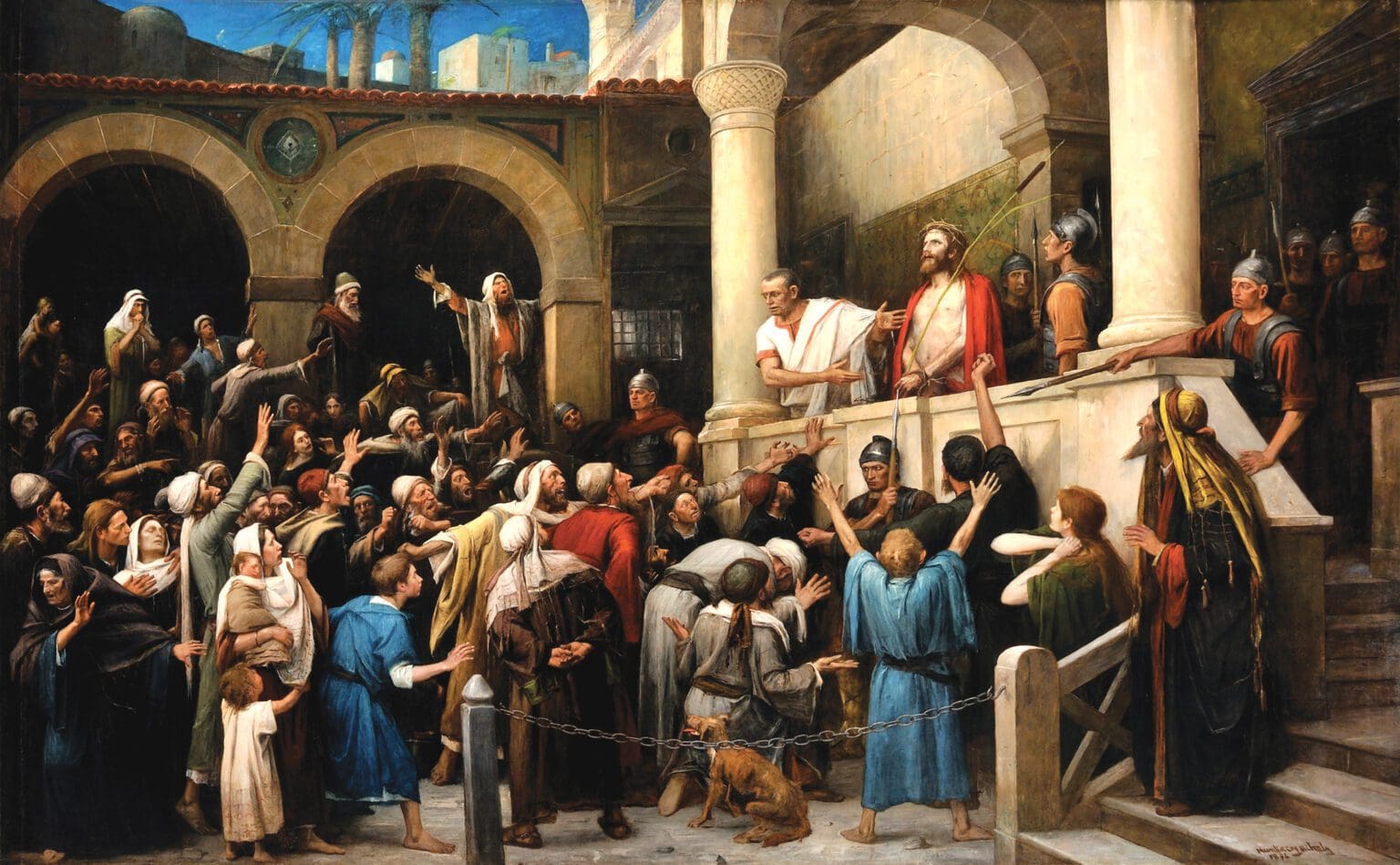
Creativity continues to be a central component of politics, but it is less frequently manifested in the novel application of experience than in the methodical implementation of a procedural rule in practice.
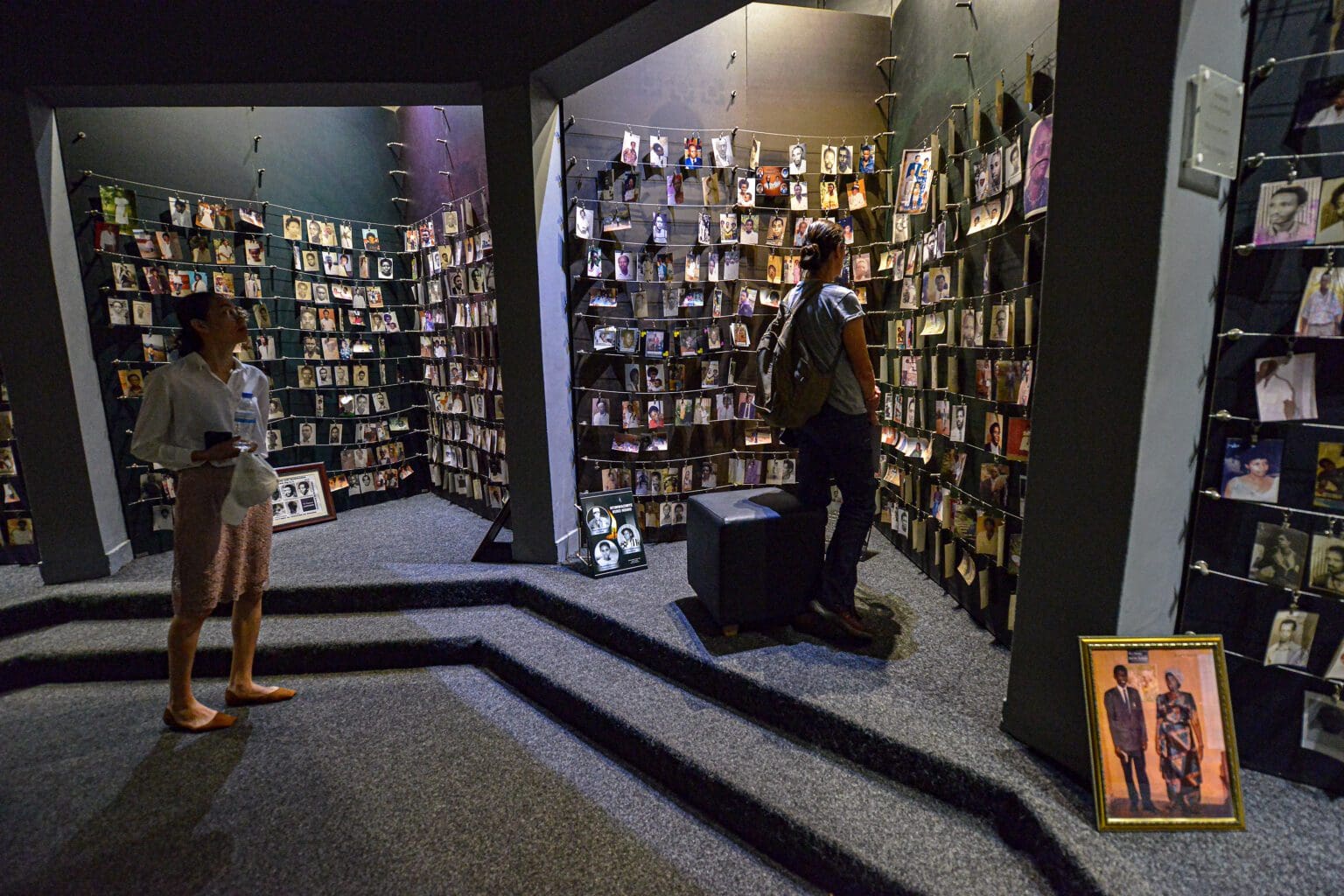
There is growing concern that the overuse of the term ‘genocide’ may devalue it. Clearly defining what genocide means is crucial to prevent it from being used as a validation of every kind of victimhood.
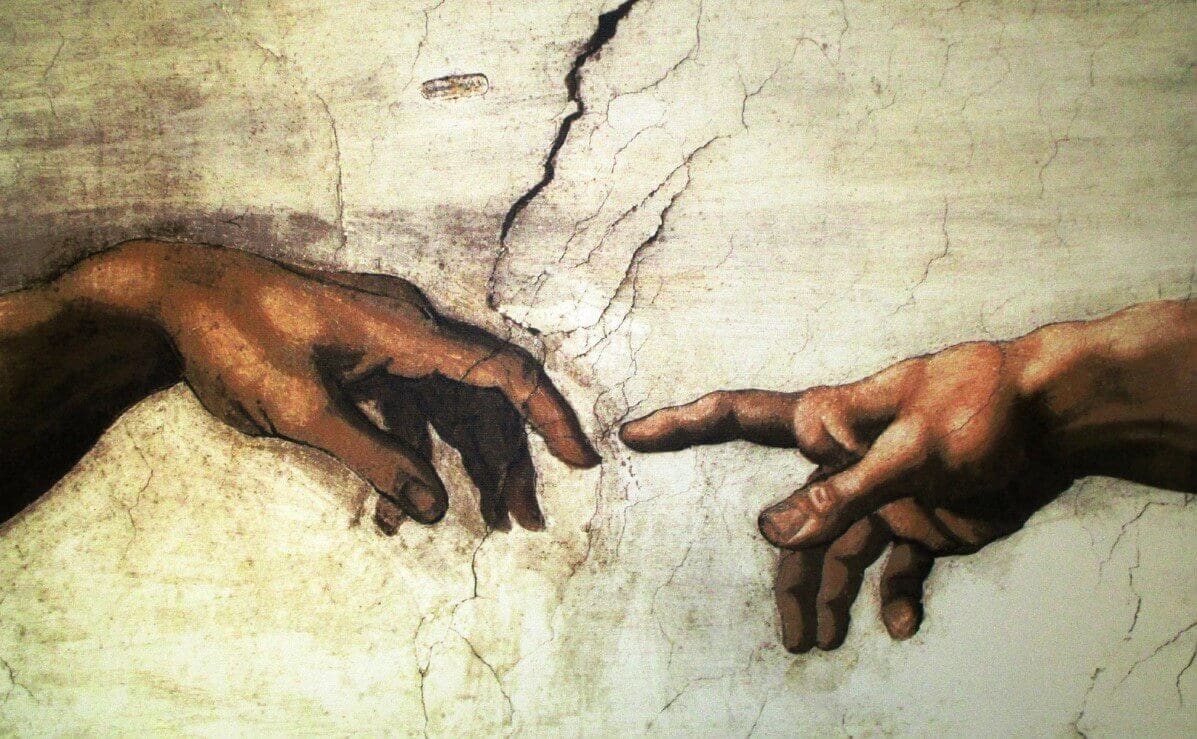
One should shed tears when the true essence of humanism, which parallels our Christian faith, is not only misplaced, but altogether exploited for non-humanist purposes.
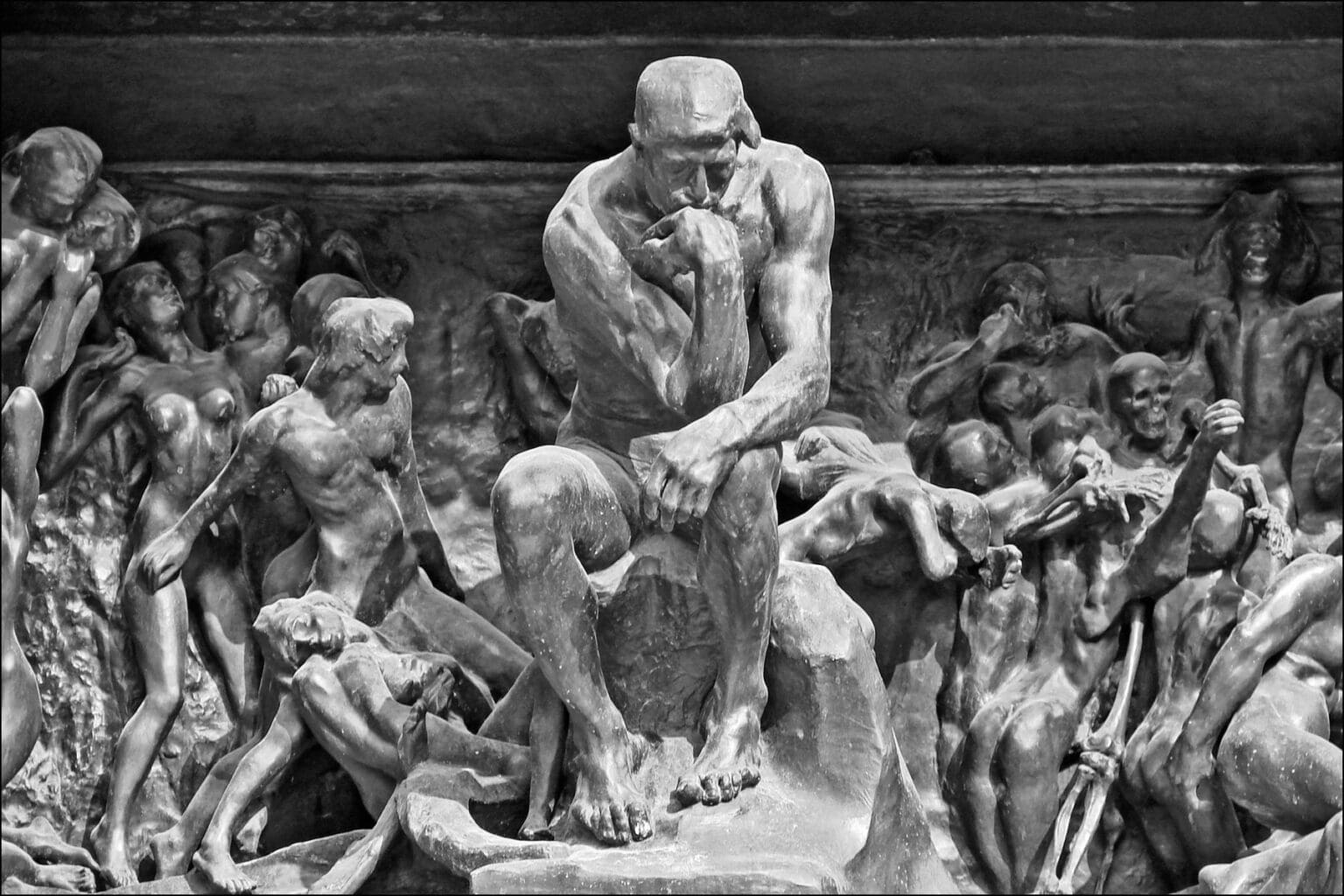
The recent assassination of Alexander Dugin’s daughter has seen a consistent mantra from the Western media; Dugin described as an ‘ideologue’. It is one of those phrases which epitomize the “corruption” of language, for—as language develops—certain terms become sacrosanct, unexamined, plagiarized.
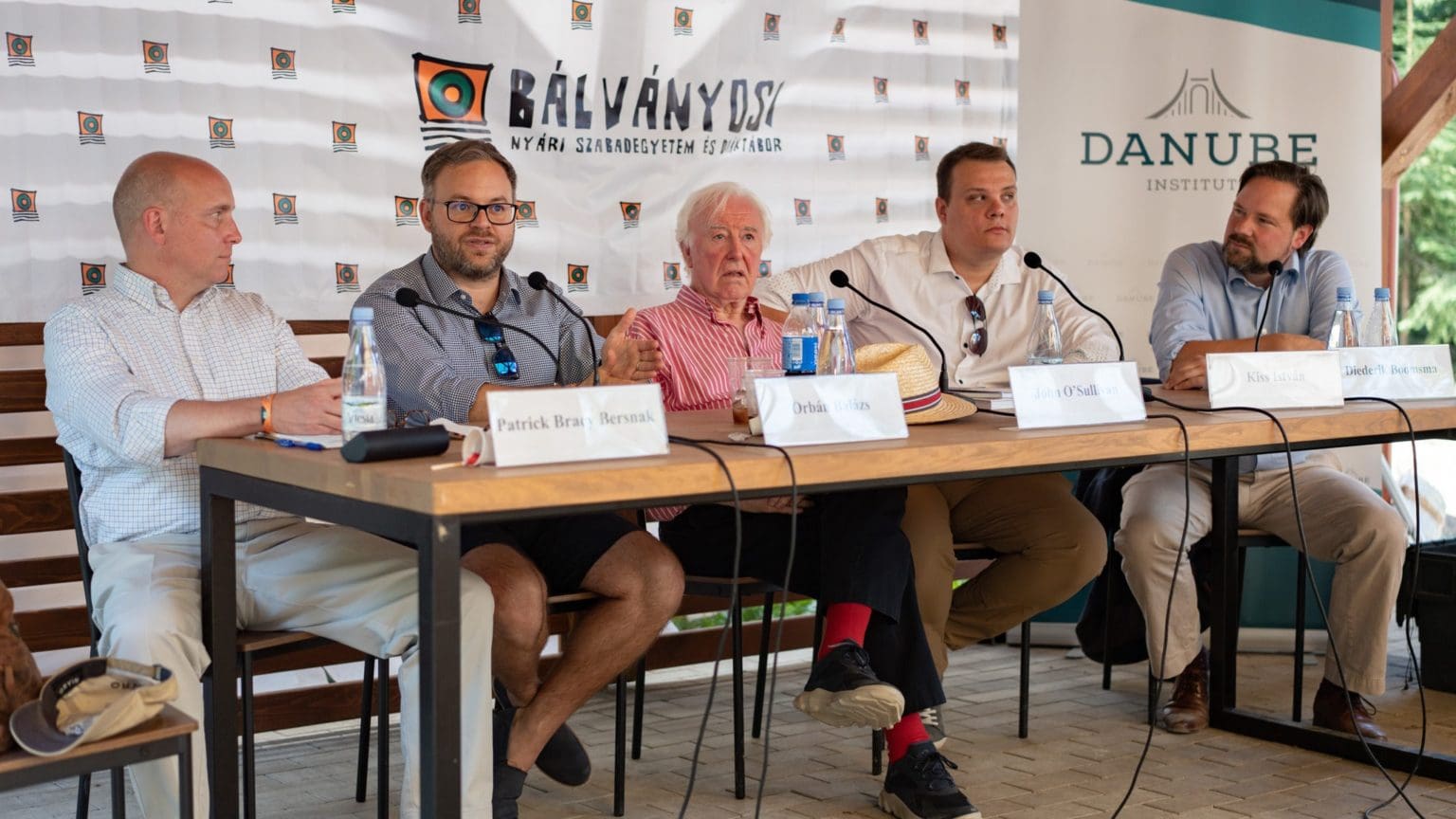
A recent panel of remarkable political thinkers from across the West attempted to define the essence of conservatism, along with its current direction and its possible future pathways. A report from Tusványos 2022.
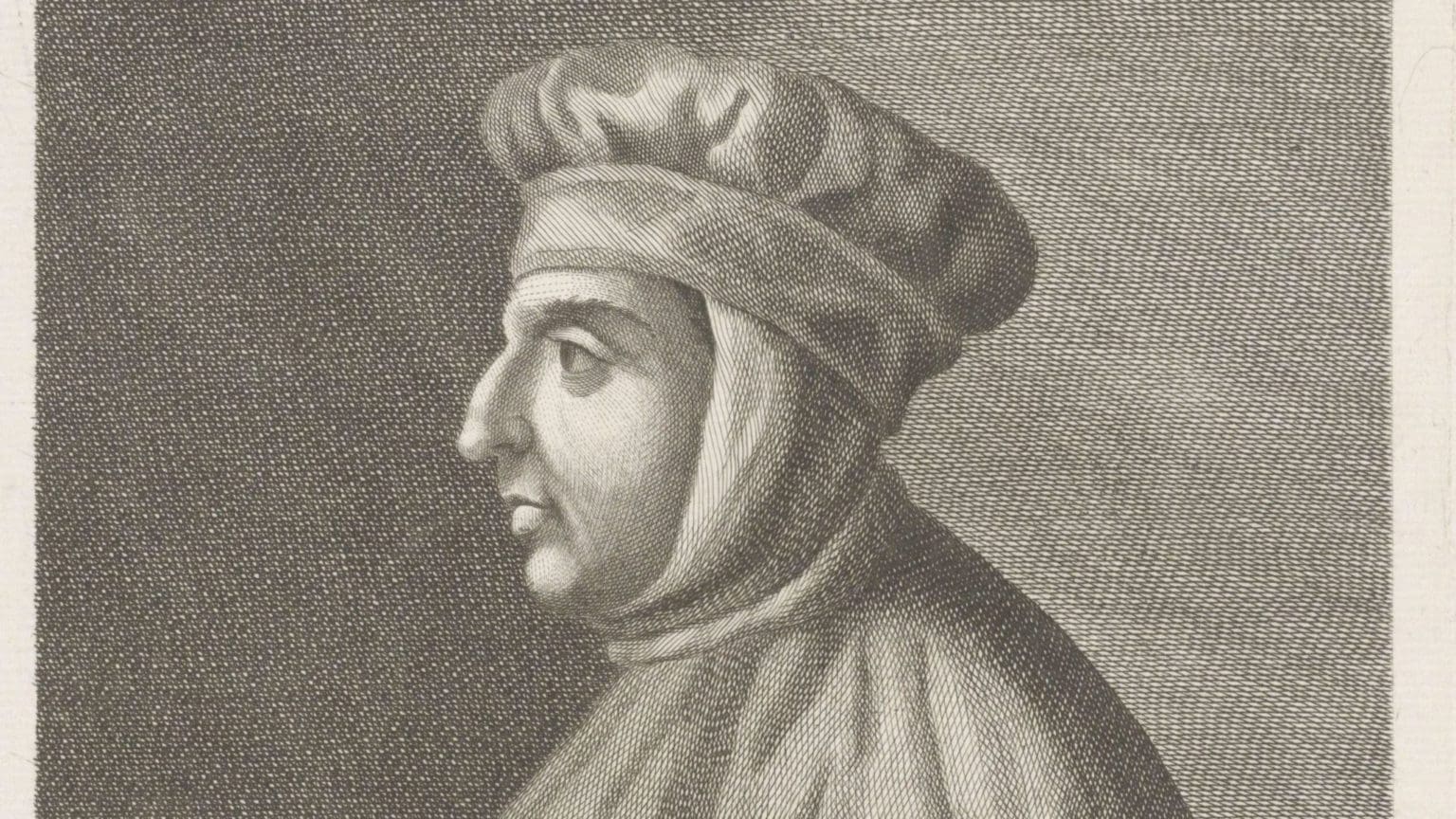
Salutati’s humanism, focused on the continuity or discontinuity between ethics and politics became the civic turning point of the humanistic spiritual and philosophical reinterpretation of Cicero’s political tenets that would later culminate with the notable Niccolò Machiavelli.
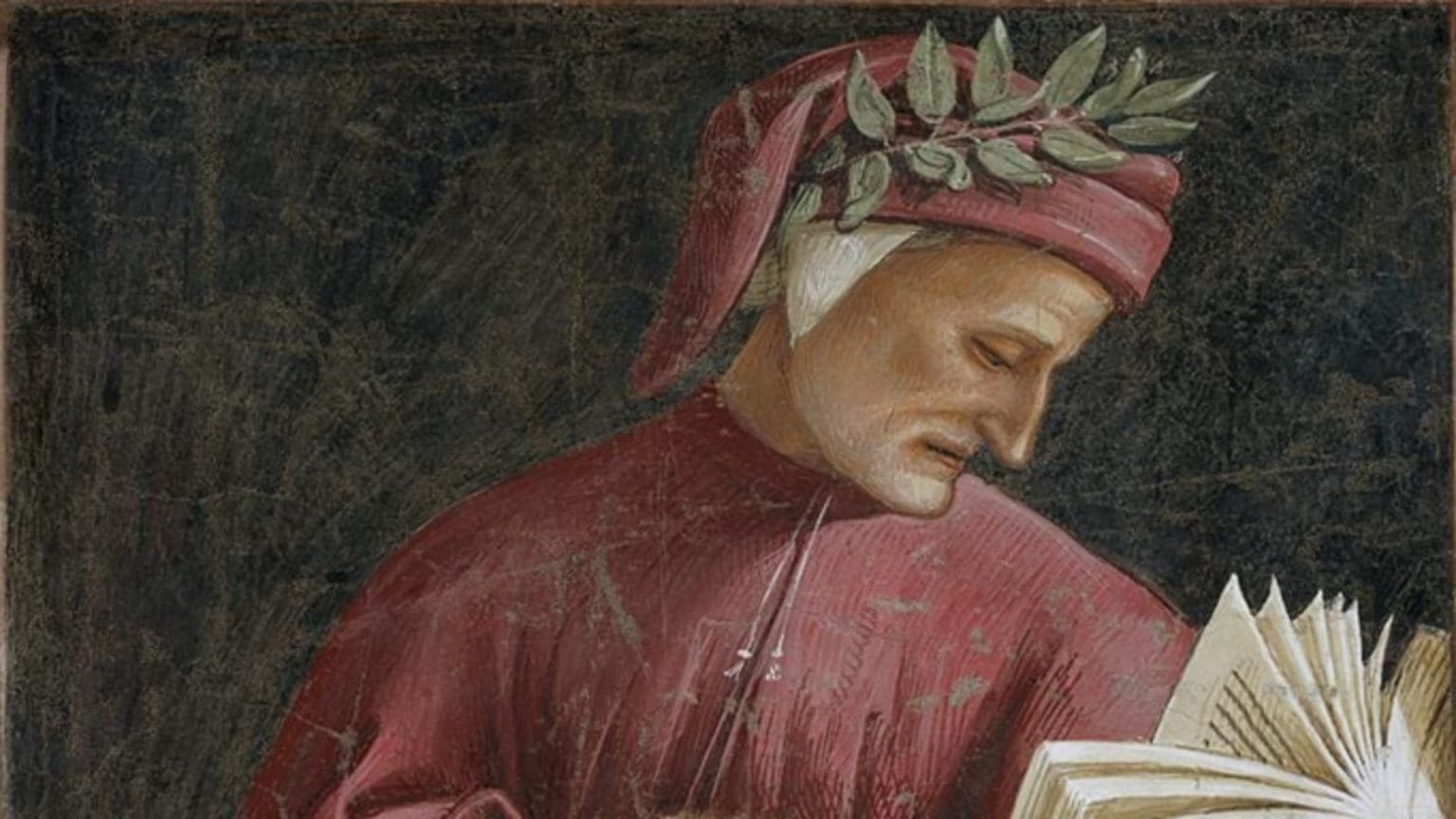
What classifies Petrarch as a humanist was his belief that secular literature and philosophy could enlighten all men and bring about an end to, what Flavio Biondi called, the darker ages of distrusting the critical thinking and non-religious wisdom of the ancients.
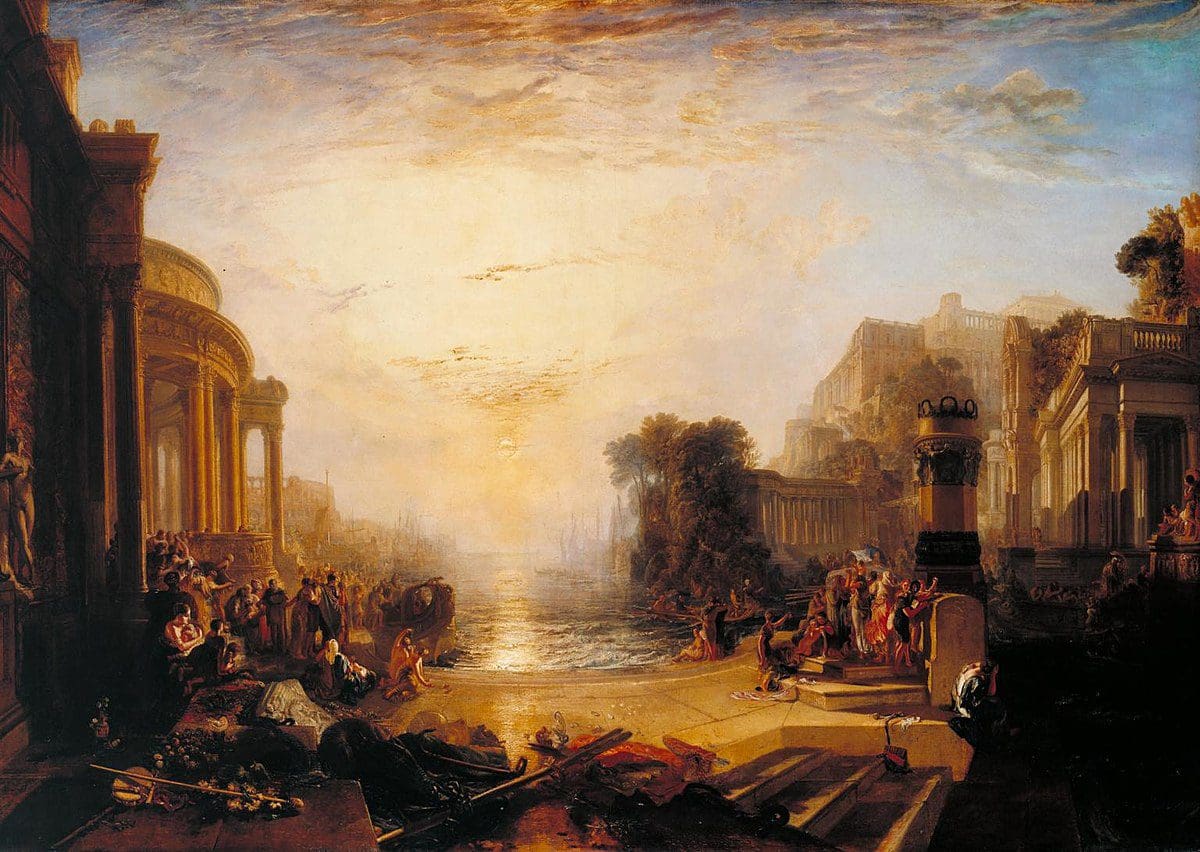
In the wake of a global pandemic, Western democracies have become hugely indebted, weak, self-loathing riven by incessant migration and beset by an identity crisis. What went wrong?
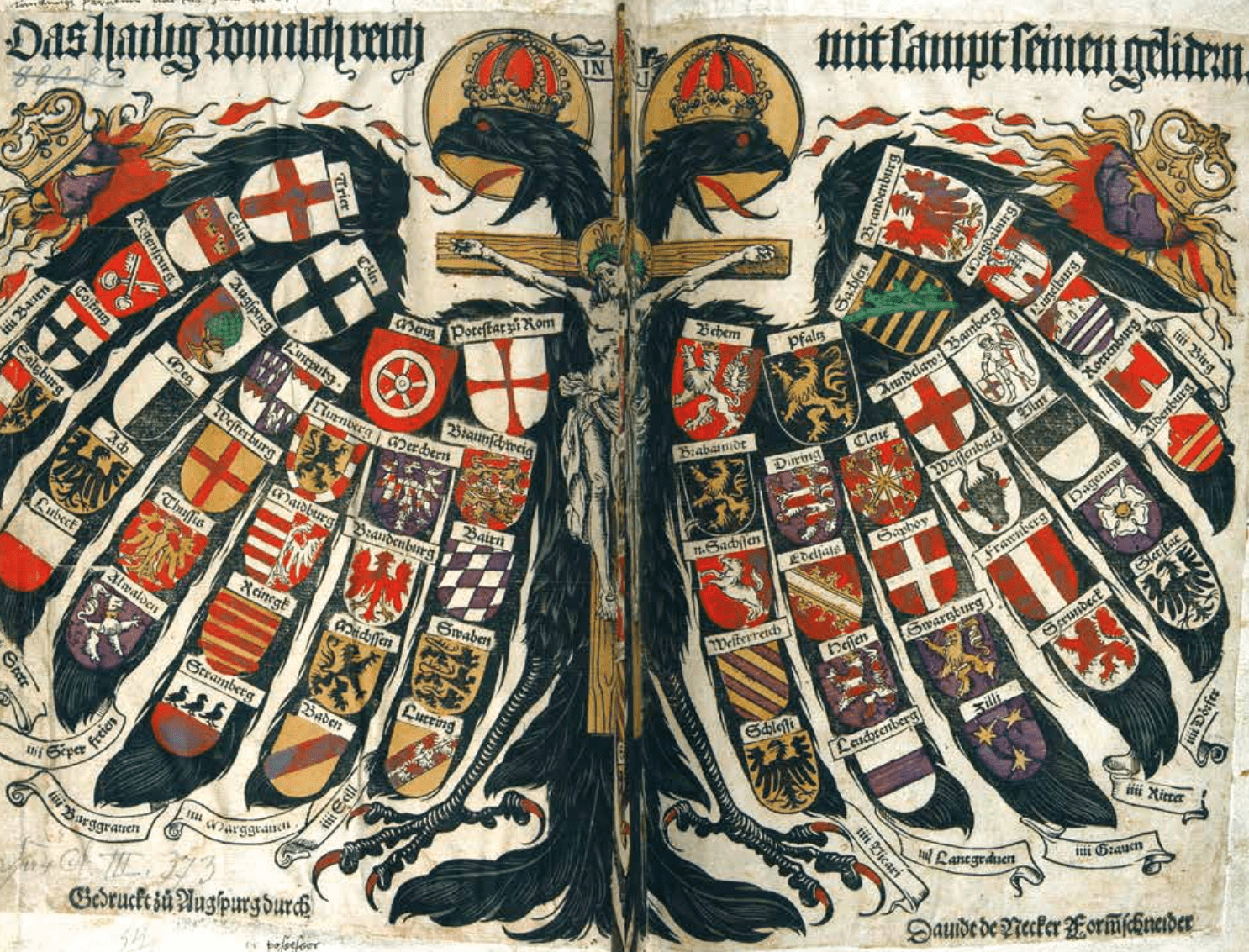
The rise of political and spiritual disunity in early modern Europe coincides with what Patočka calls
the desire to “project […] the division of Europe upon a division of the world” — in a word, colonialism.
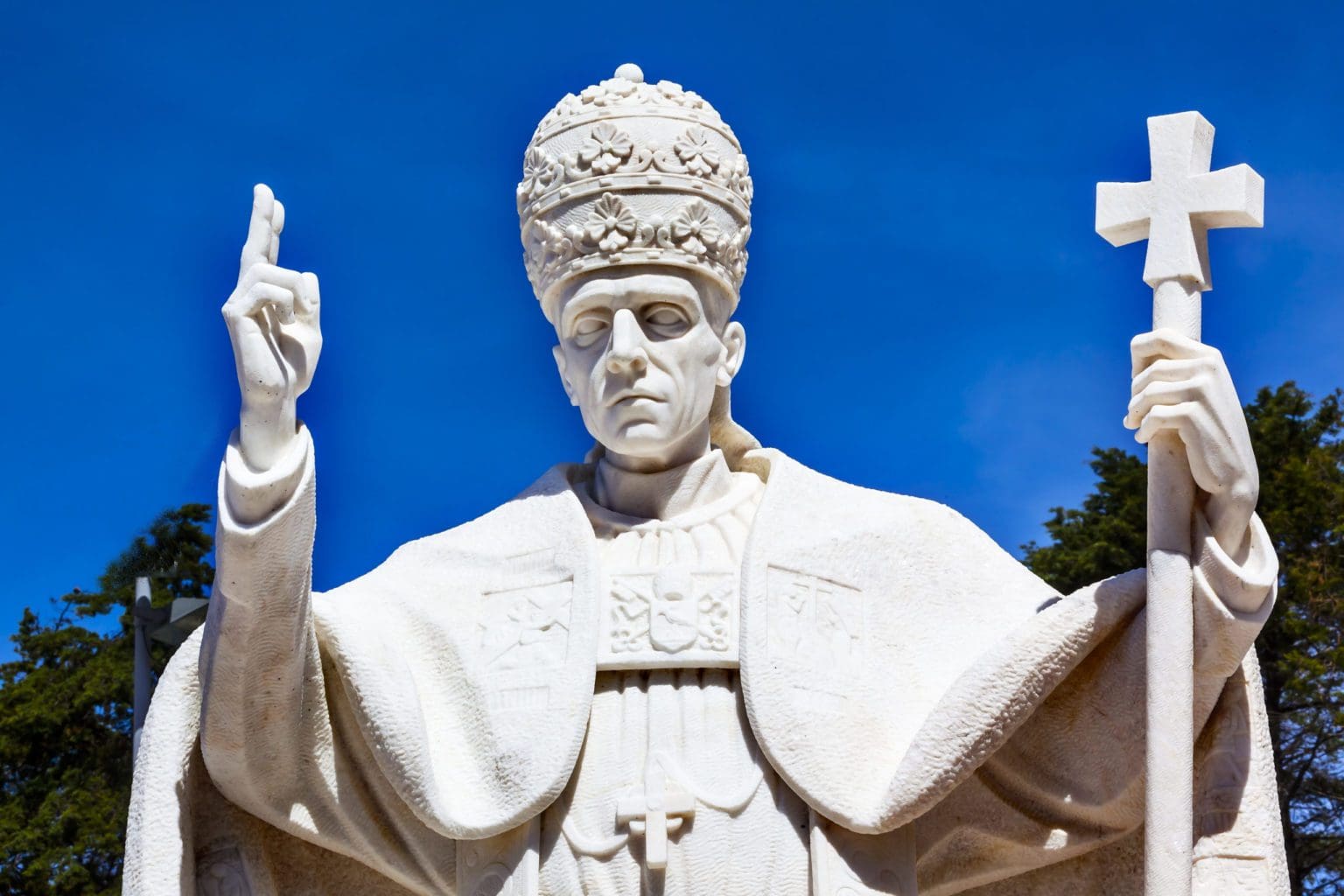
In the twelfth and final part of the Theologians on Modern Politics series, we would like to highlight the details of Pope Pius XII’s political thinking.
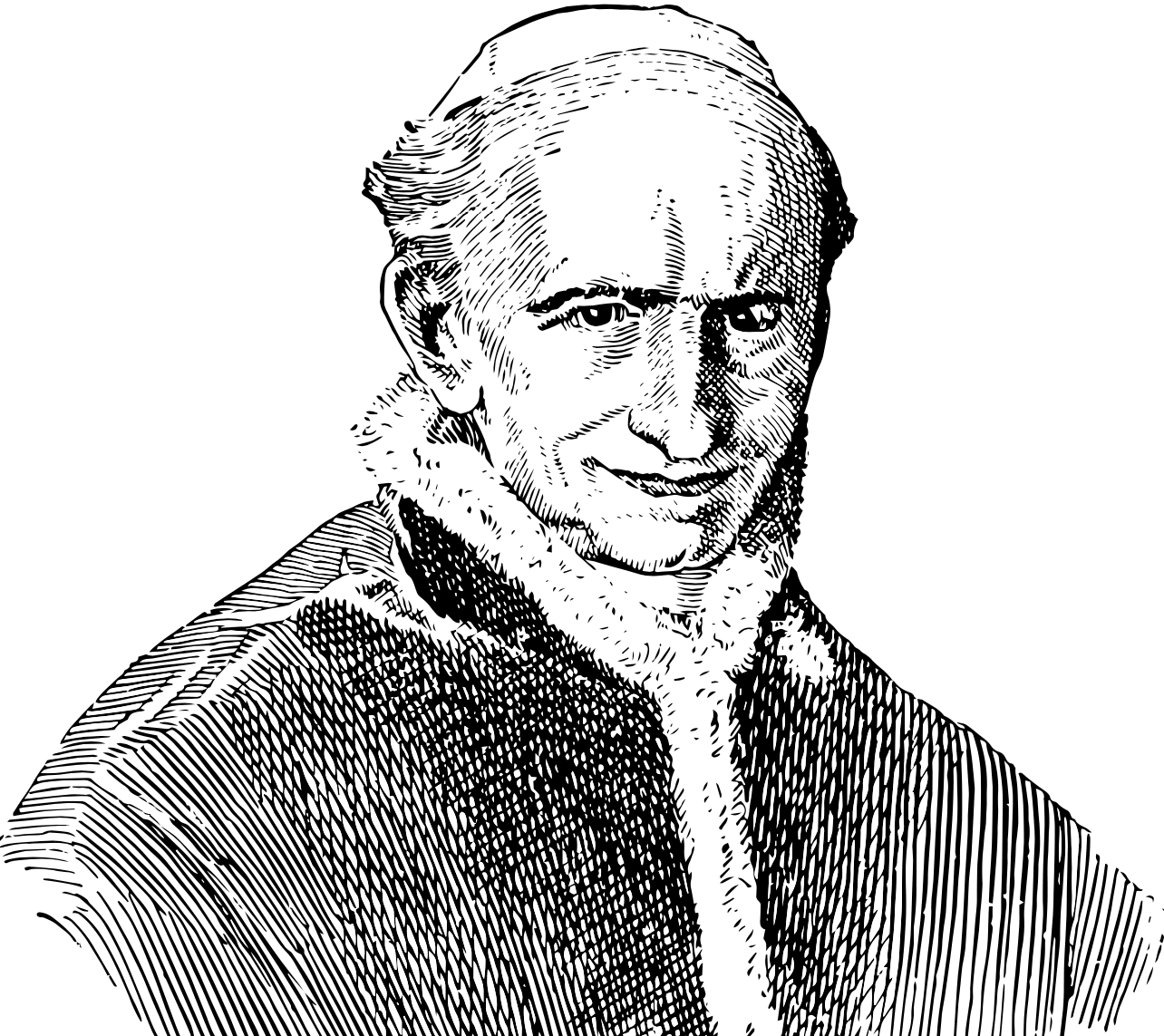
If we wish to understand the role of Christians in modern politics, it is essential to briefly present the thinking of Pope Leo XIII (1810-1903).
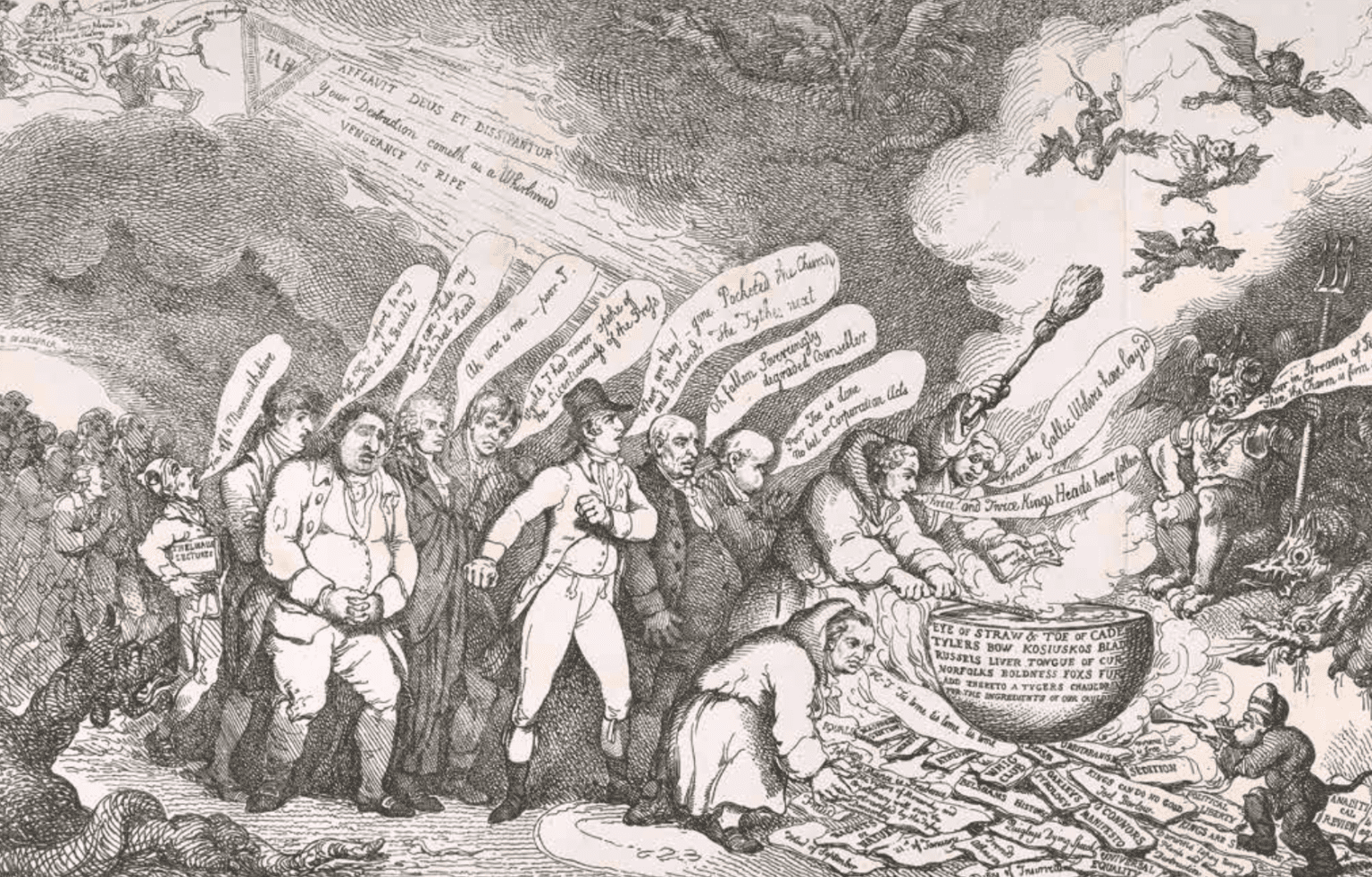
It is our belief that the Western liberal elite’s irrational hatred of Hungary’s political culture is driven by a deeply entrenched sense of insecurity regarding its own legitimacy.
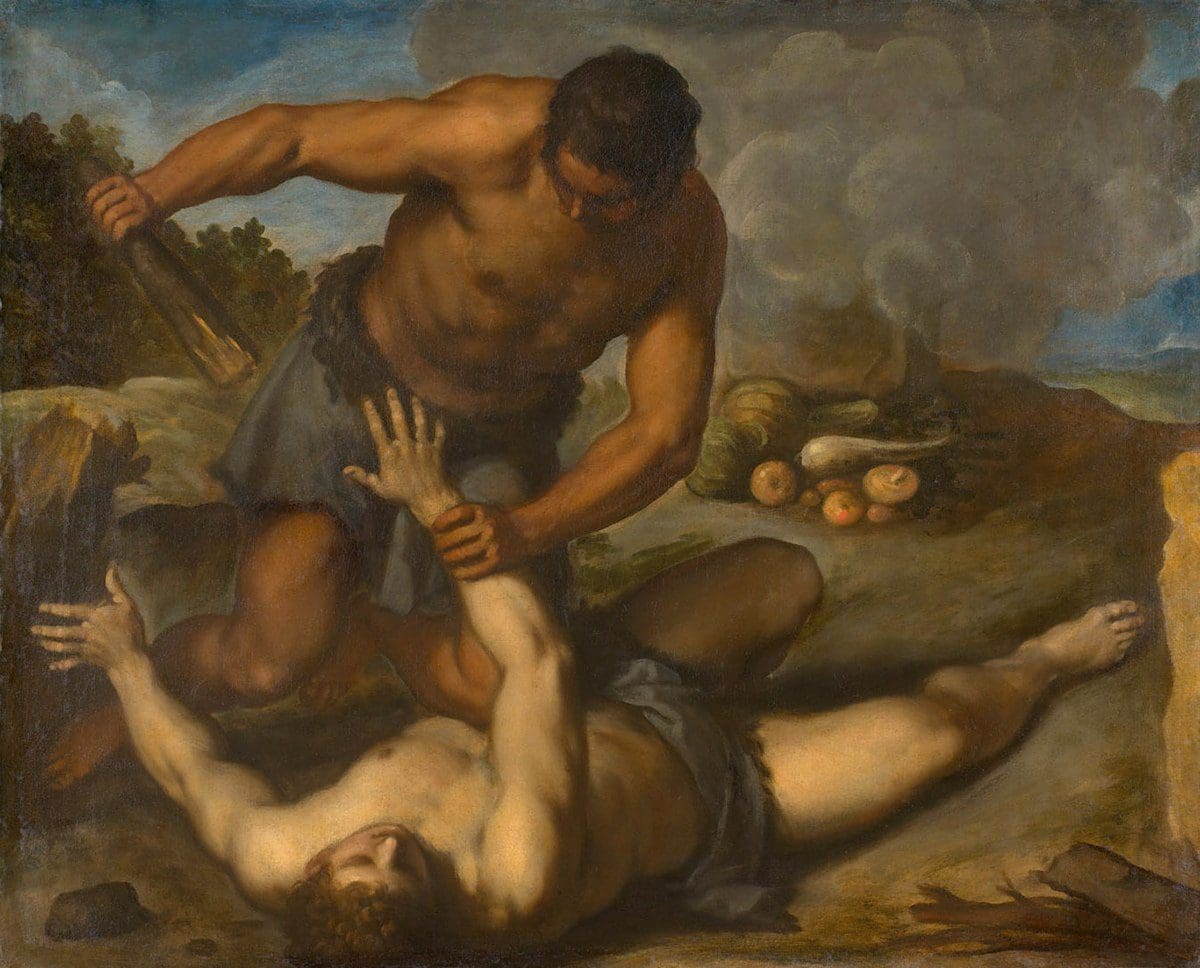
European society has forged a culture that, in a manner
previously unknown to humanity, excludes God, the divine logos from the public conscience. He is denied altogether, or judged to be irrelevant to public life since His existence cannot be materially demonstrated.
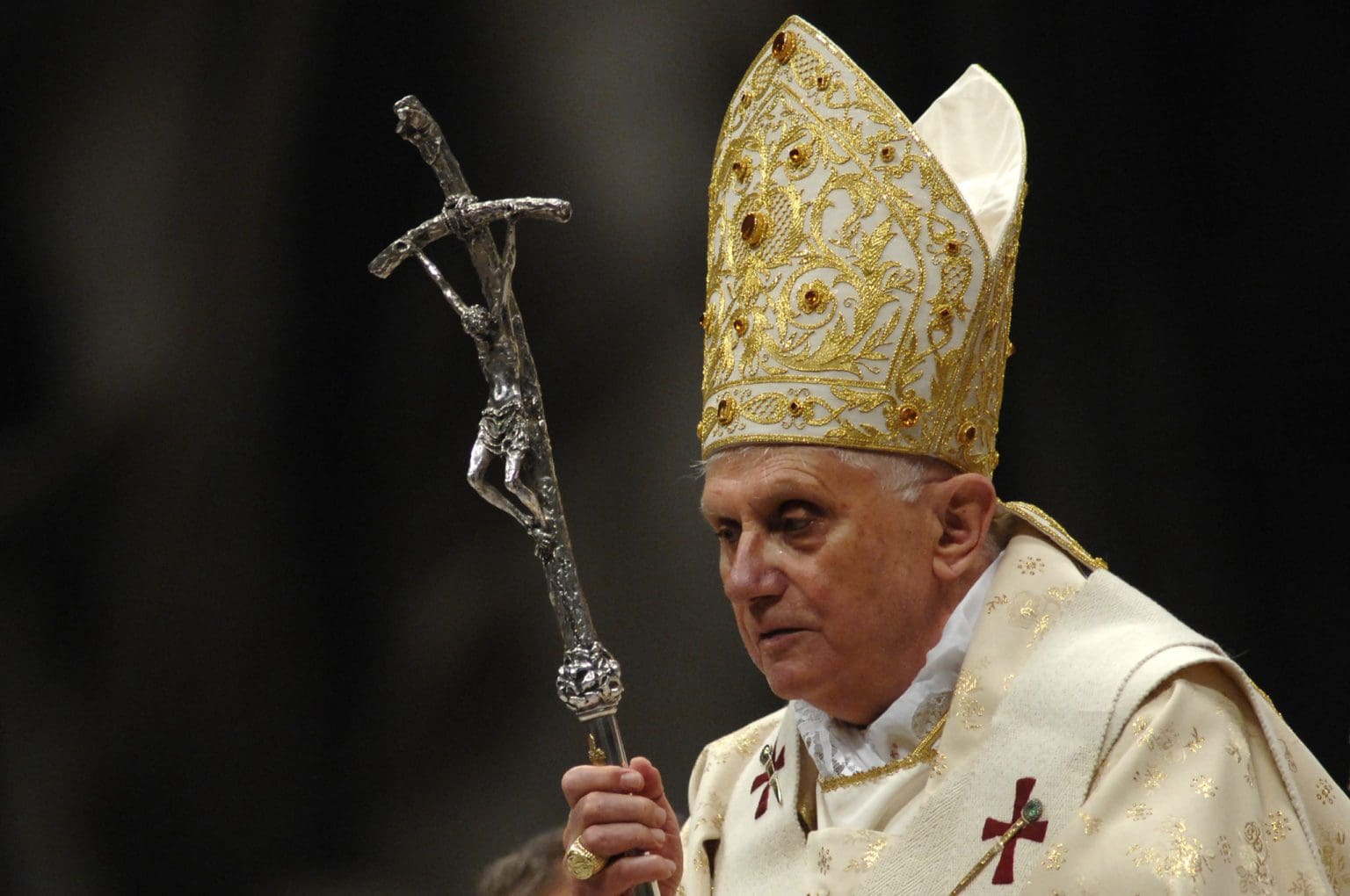
The teachings of Pope Benedict XVI are an appeal to the individual to ponder on God’s unwritten law inscribed in his or her heart so that he or she may better contribute to the common good of society.
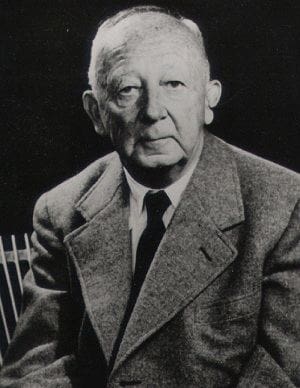
Who was Hans Freyer, why did he arouse such passion some decades ago and why has his name been forgotten?
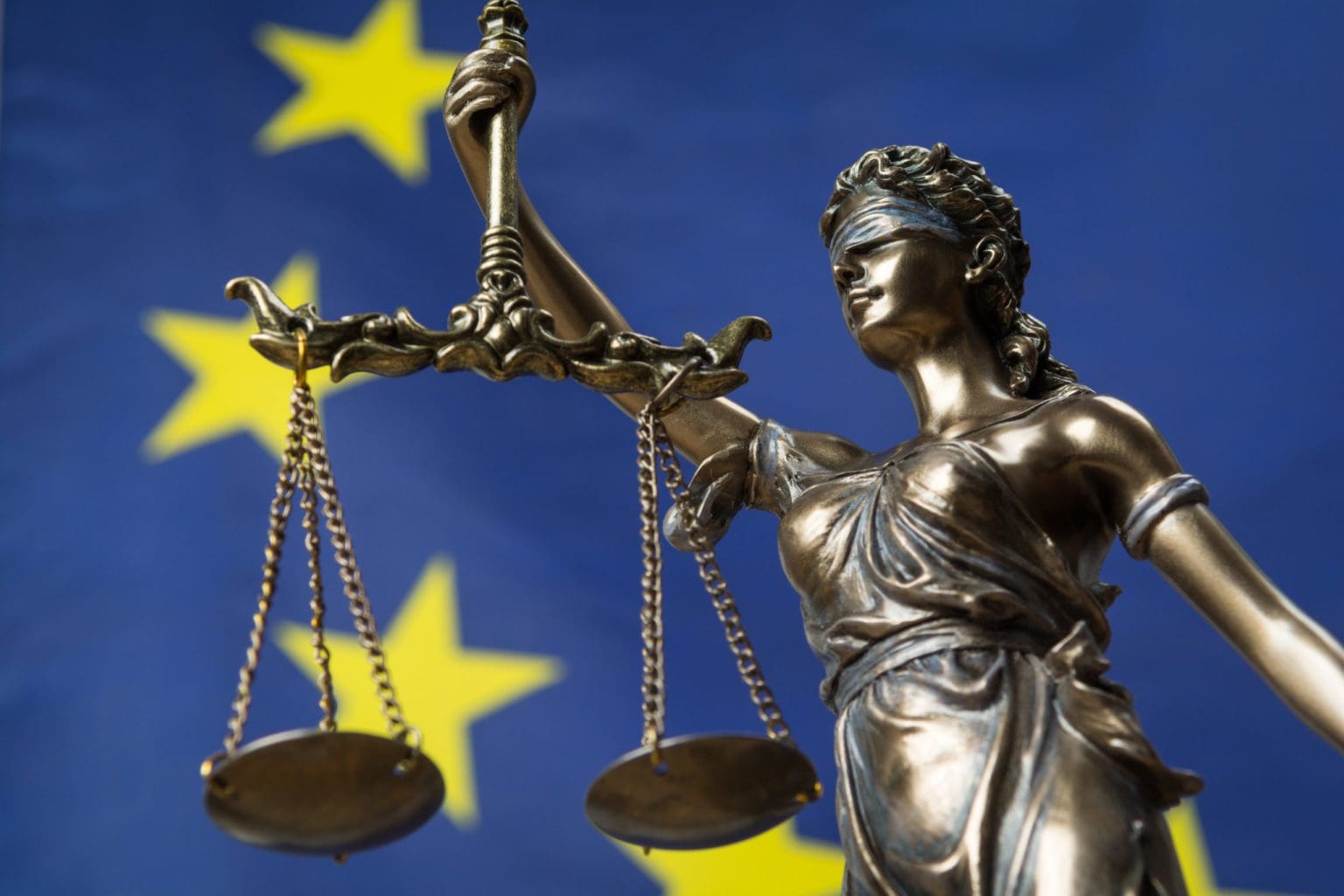
Of course, violations of the rule of law must not lead to corruption or abuse of power in the member states. However, a schematic “transfer” of the institutions that serve the rule of law to the EU level could particularly endanger the essence of the rule of law.

The rule of law debates could have a drastic effect on the future of the European Union. The systematic transfer of institutions serving justice and enforcing the rule of law to the European level may endanger democracy and in particular the original concept of the rule of law.
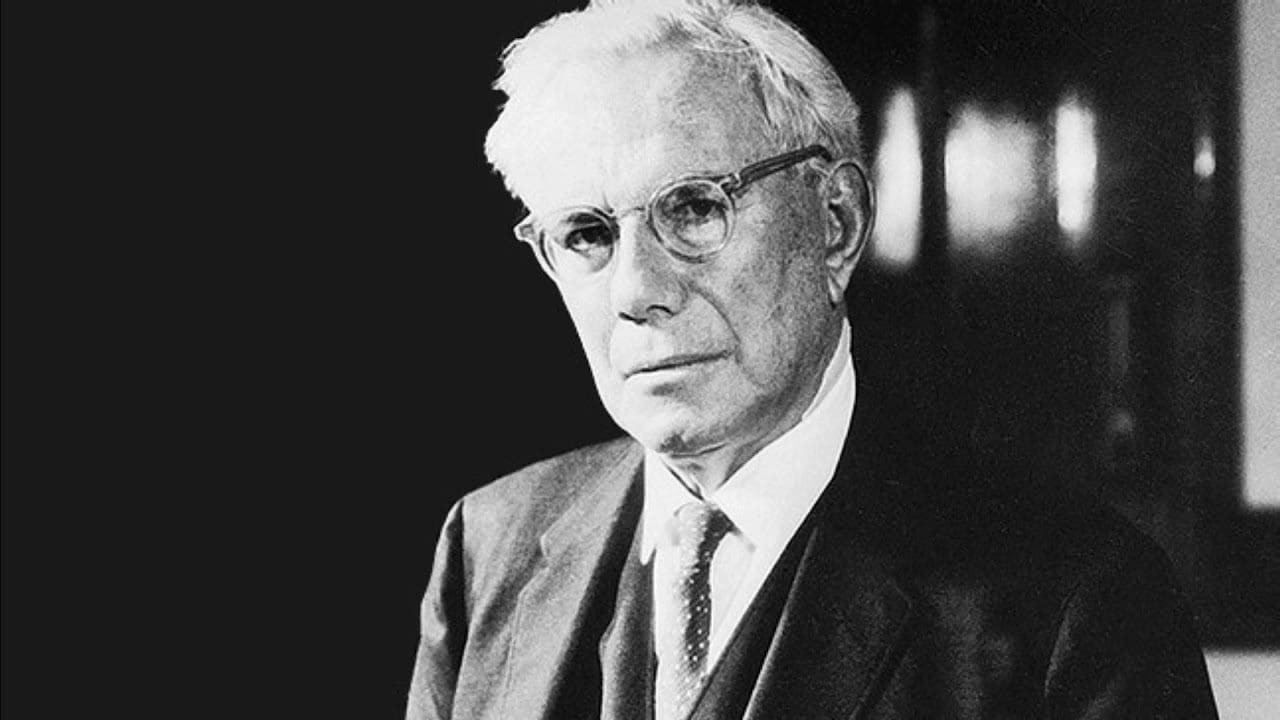
‘Most of the pitfalls in social ethics, political theory and education are due to a misunderstanding of the ontological character of love.’
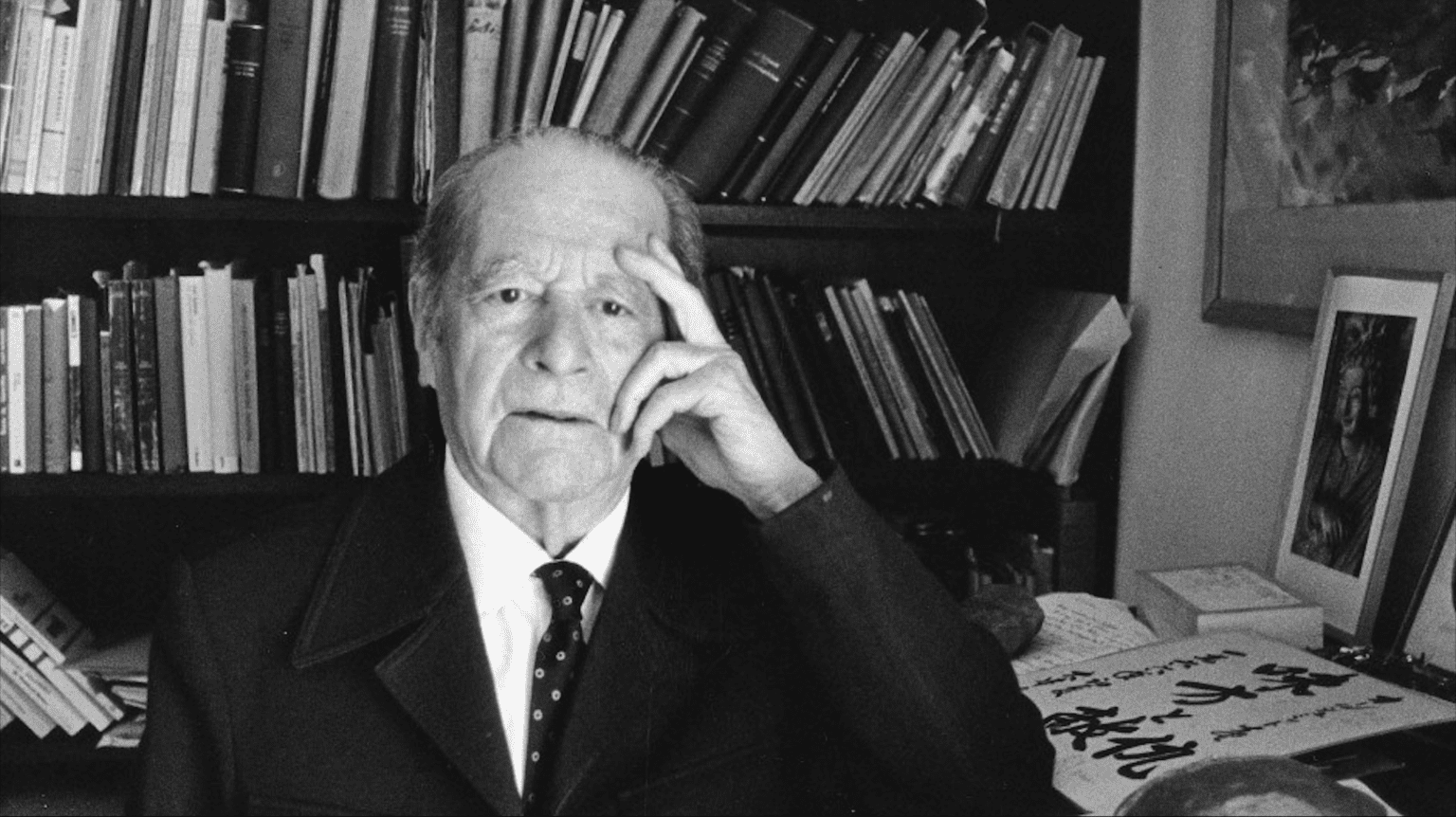
Christian political theology rejects the optimistic Enlightenment belief in progress, for it seeks to remember those who have fallen out of collective memory, itself defined in the modern age by the myth of progress. Remembrance is one of the most important concepts in Christianity.
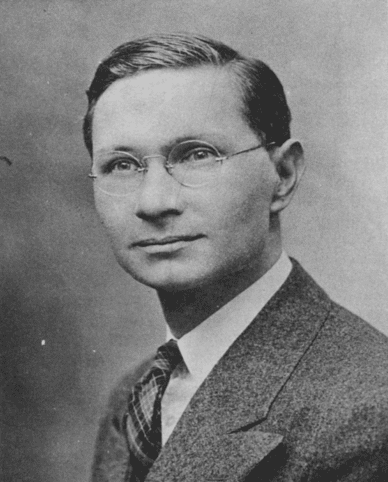
While realism is defined explicitly, Christianity is not. Nevertheless, several crutches could lead us to understand Bennett’s theological perspective. He helps us in this effort when he plainly rejects ‘post-Kantian idealism that represents the pride of autonomous reason’.
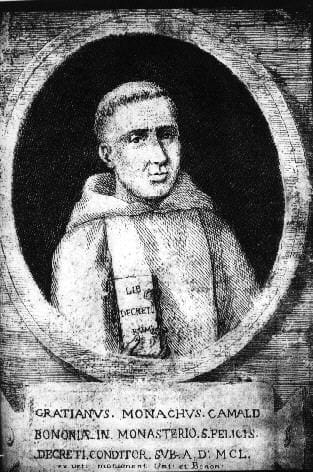
Gratian synthesised both Roman law and the theological traditions in such a manner that compelled future jurists to rely more on the Commandments than human law.
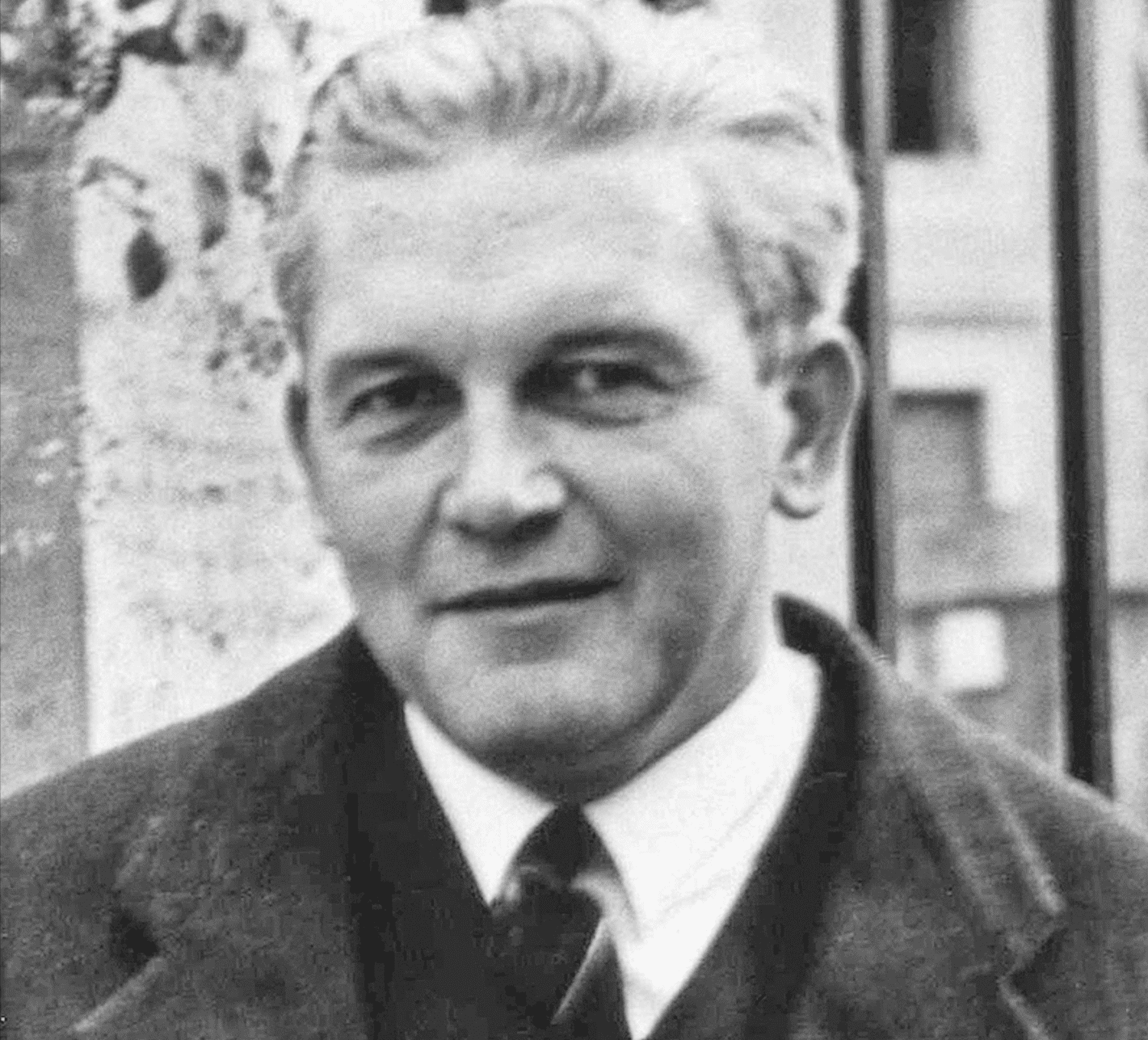
In this article we attempt to provide a brief overview of a thinking about politics as exemplified by the German theologian Erik Peterson.
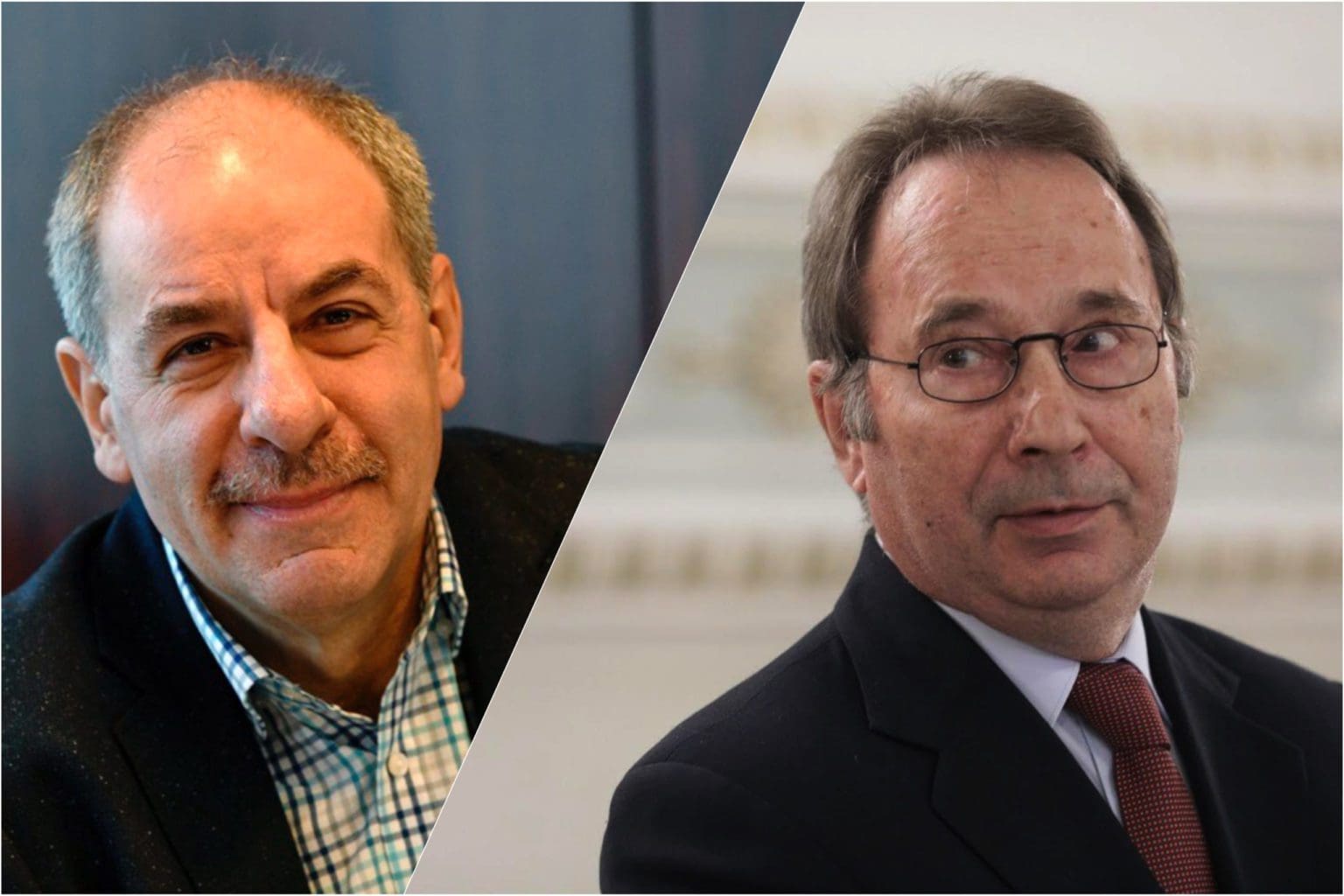
‘Today, European law, which had previously been on an equal footing, seems to be seeking hegemony over the legal systems of the member states, no longer merely to harmonize them, but to incorporate them in a furtive federalism.’
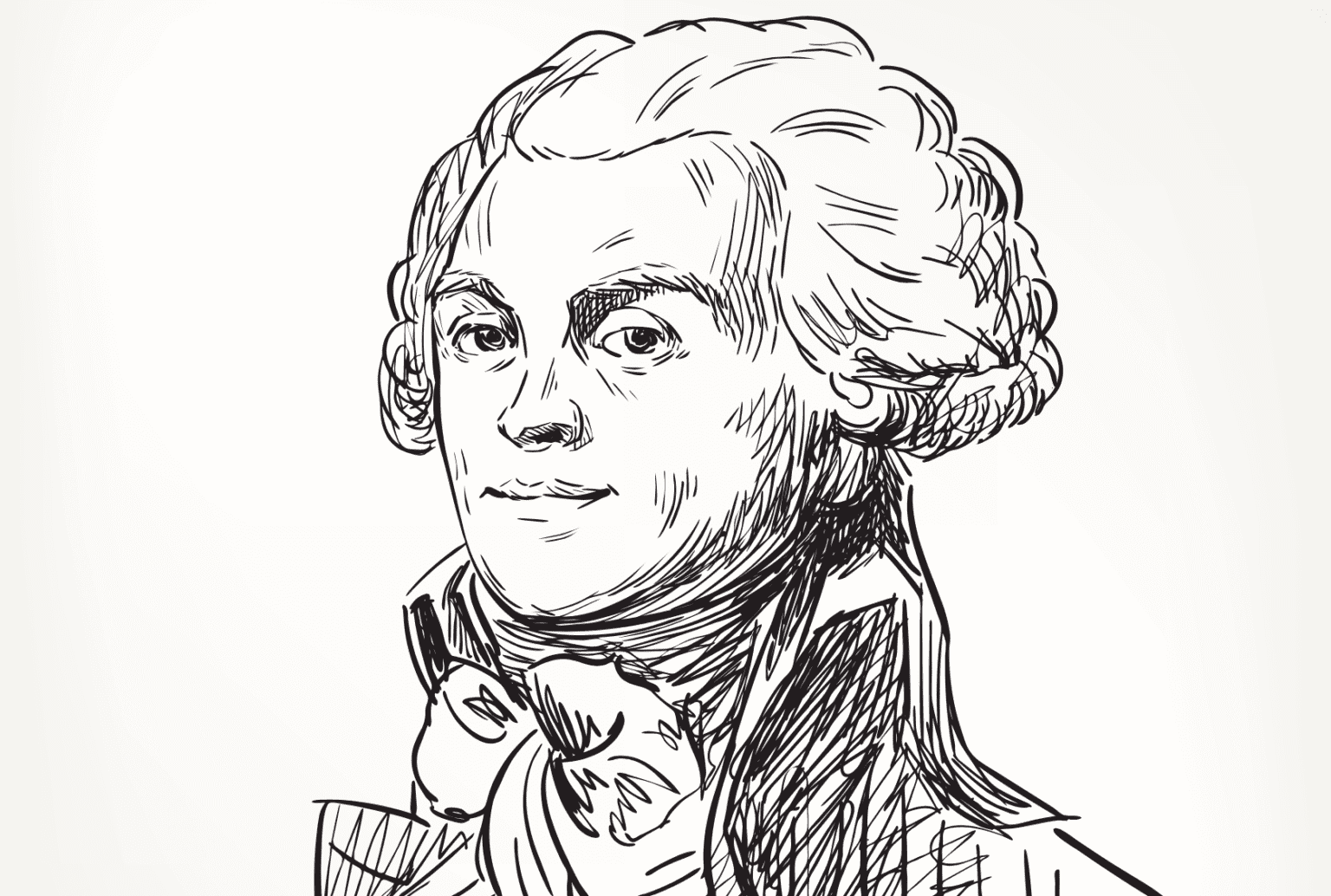
The reign of terror of ‘the fanatic of an ideal’ led to a bloodbath instead of the realisation of ideas.
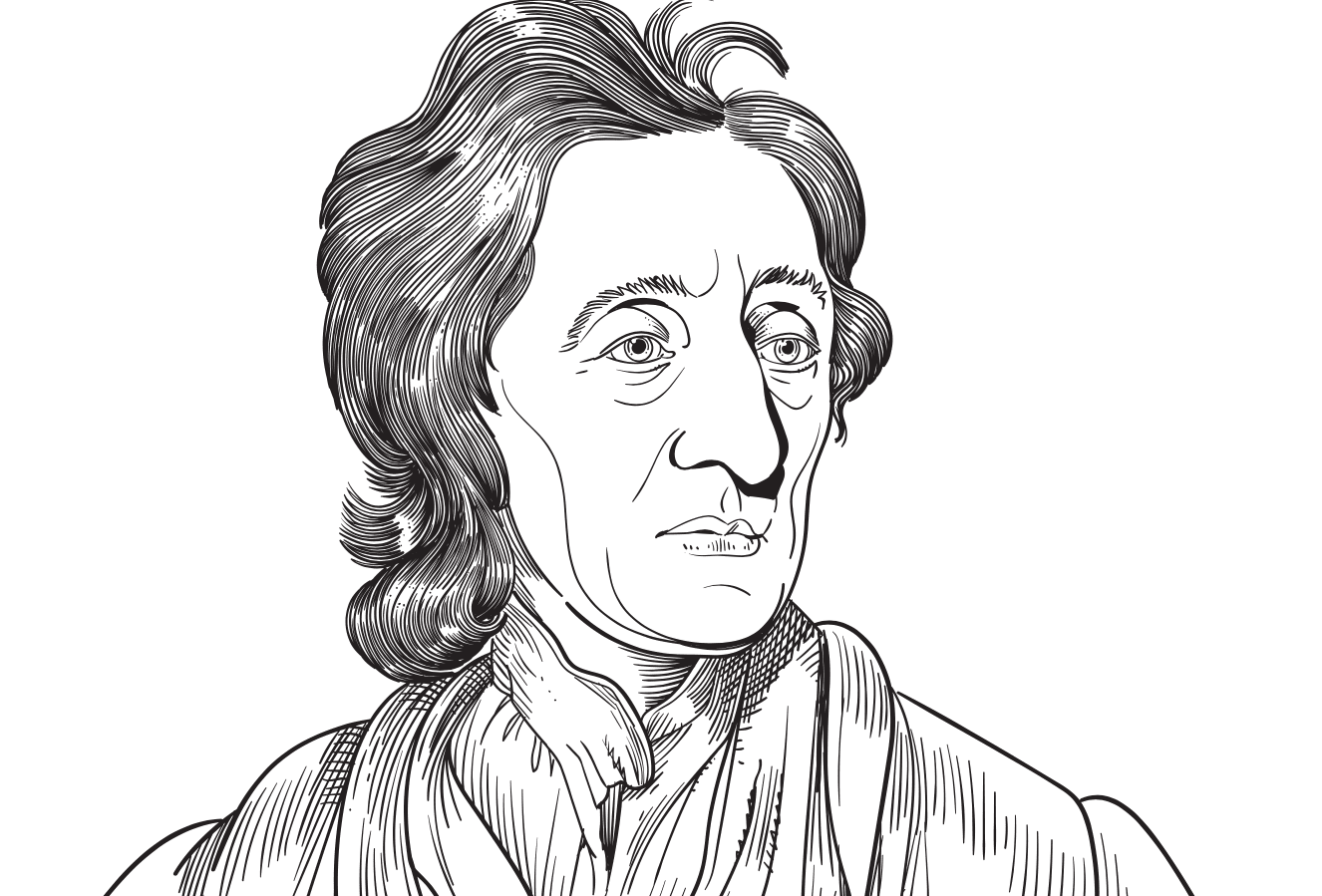
John Locke’s philosophy of the natural law did provide the means for people in liberal democracies to overcome all types of discrimination and segregation, simultaneously protecting our civil liberties.
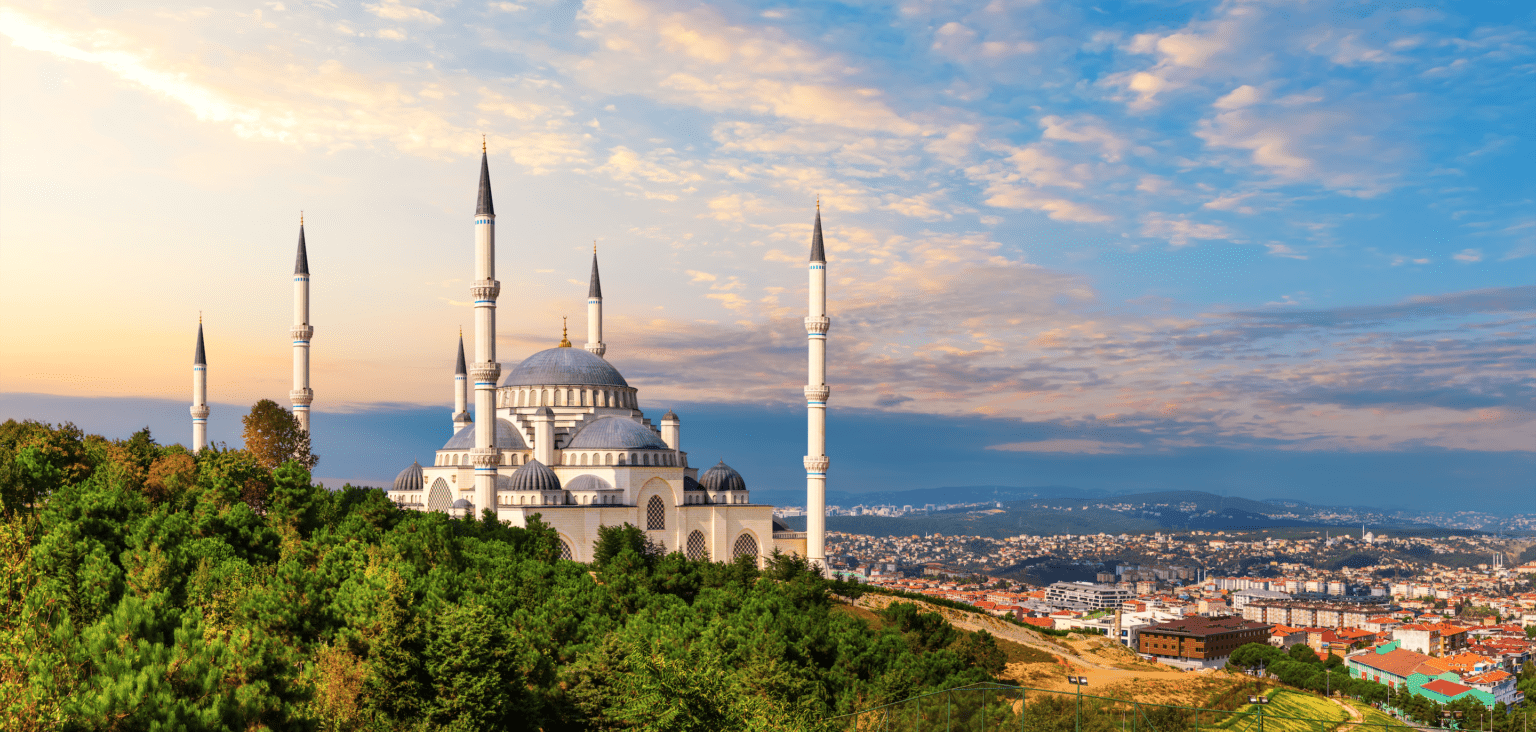
There is very little sense of an objective, rational order in Islam because Allah’s laws do not have to conform themselves to any natural and rational order.
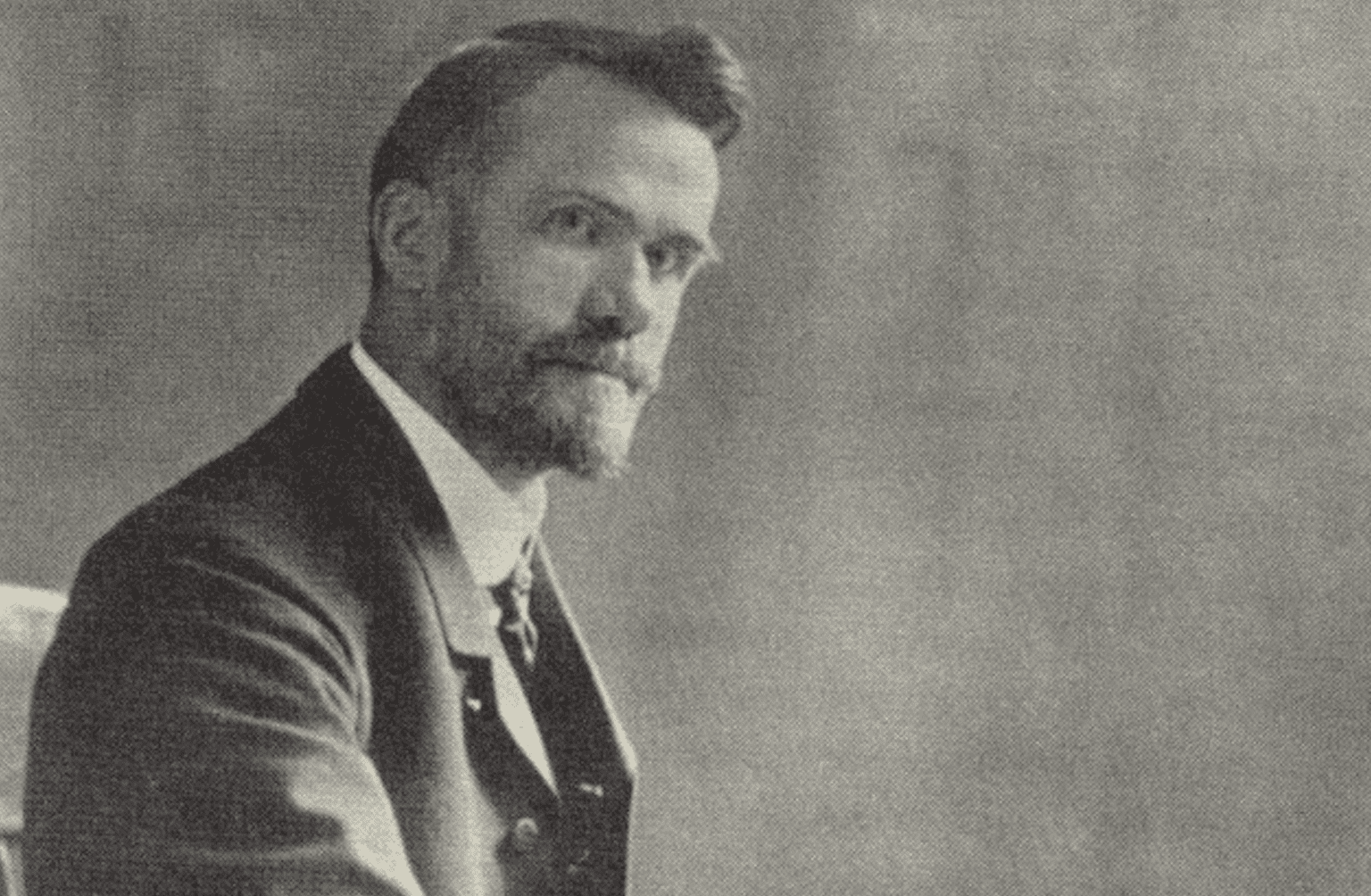
In this piece, we venture to America again to immerse in the thoughts of Walter Rauschenbusch (1861–1918).
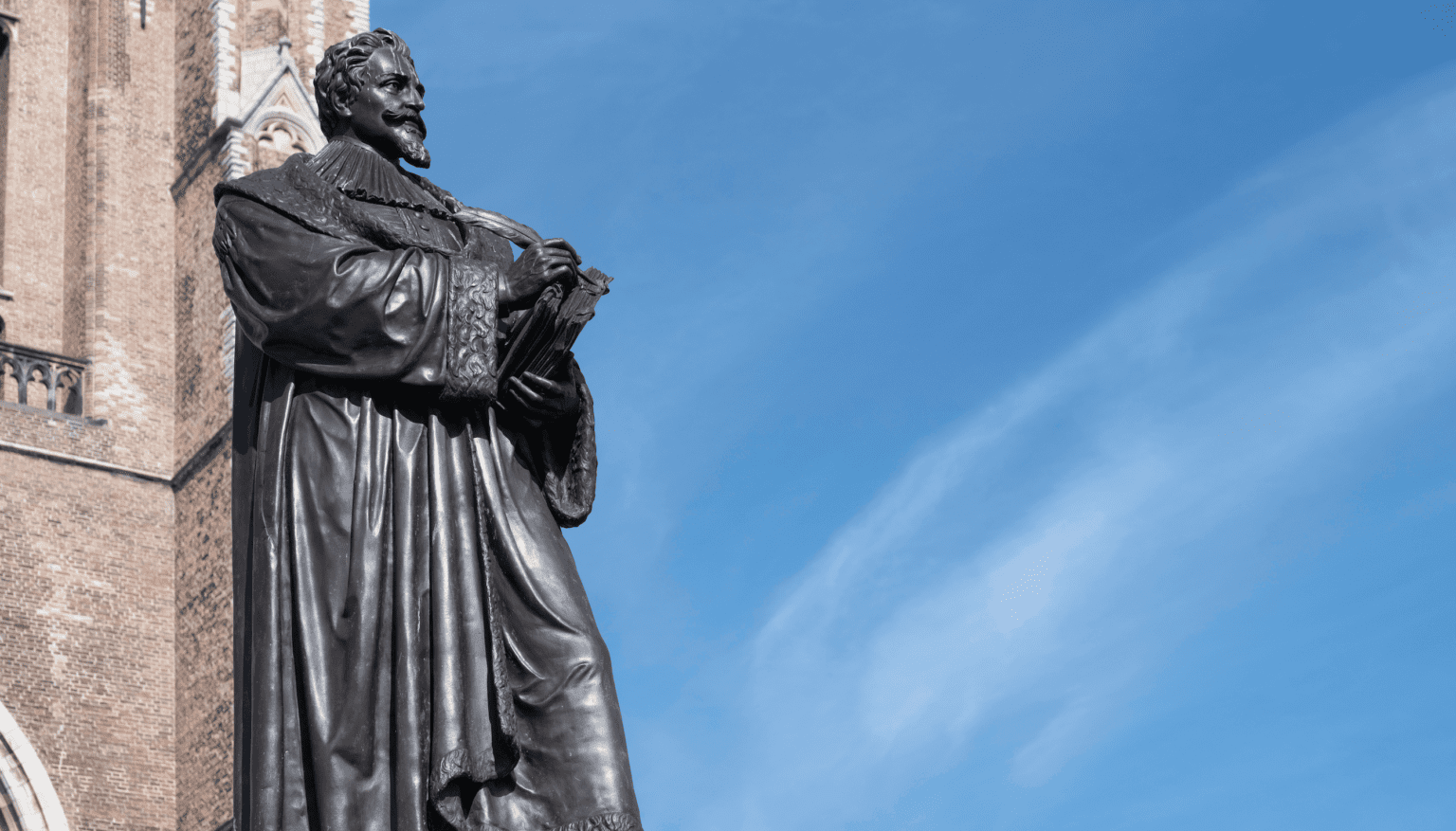
While Grotius had the best of intentions, he inadvertently paved the way for the atheistic philosophy of the Enlightenment and today’s effective altruism that has reduced the human person to a mere statistic.
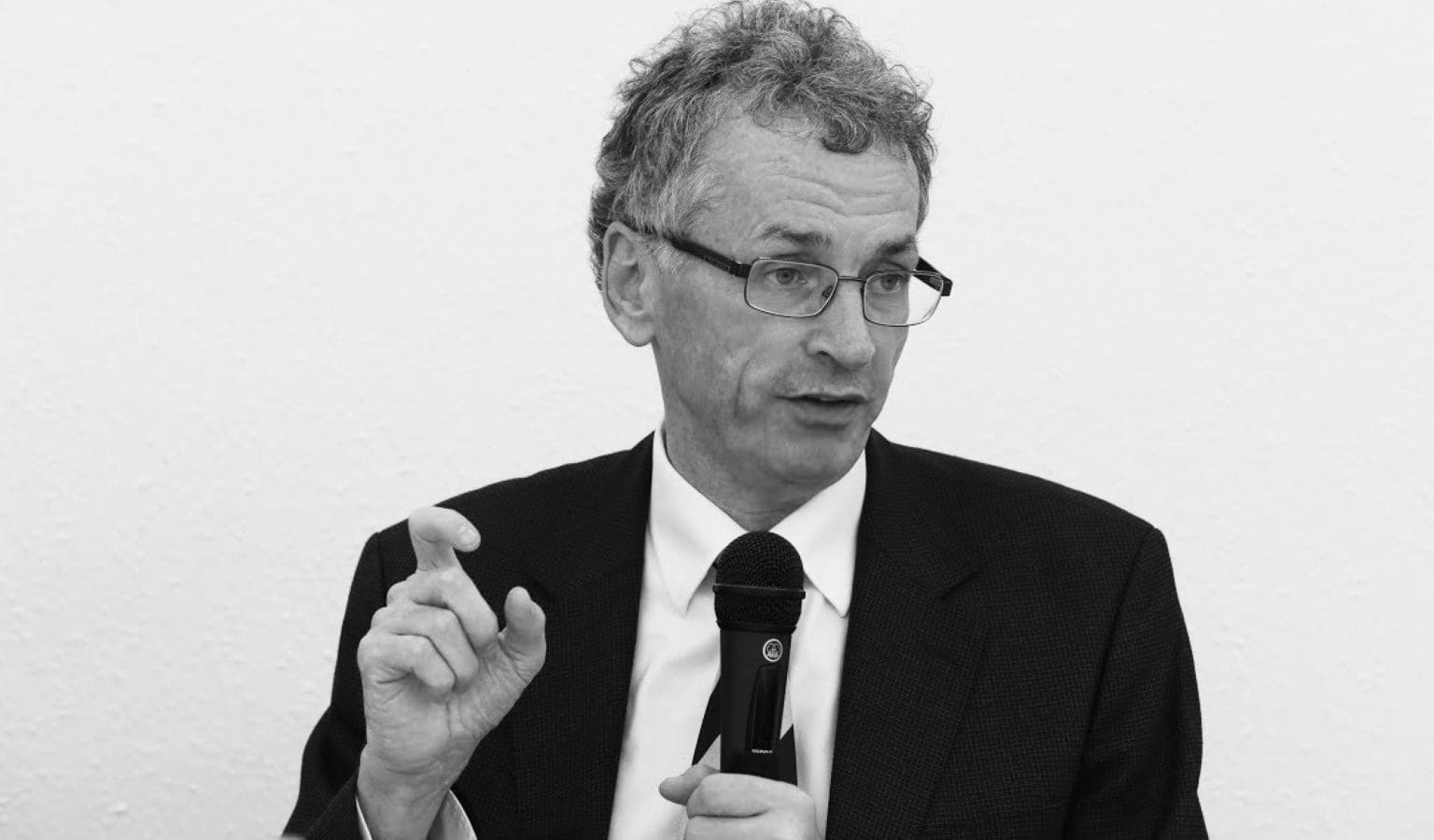
Law professor James Allan claims that although written constitutions are very popular around the world, they may not deliver what they promise to citizens.

Hungarian Conservative is a quarterly magazine on contemporary political, philosophical and cultural issues from a conservative perspective.